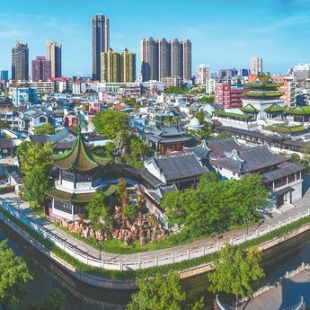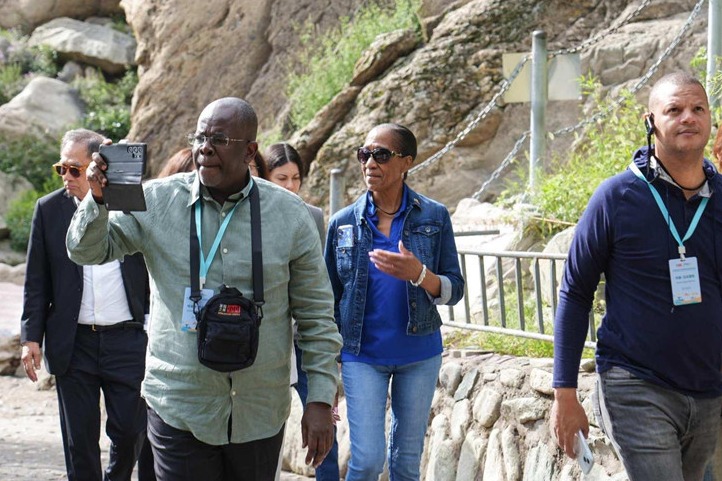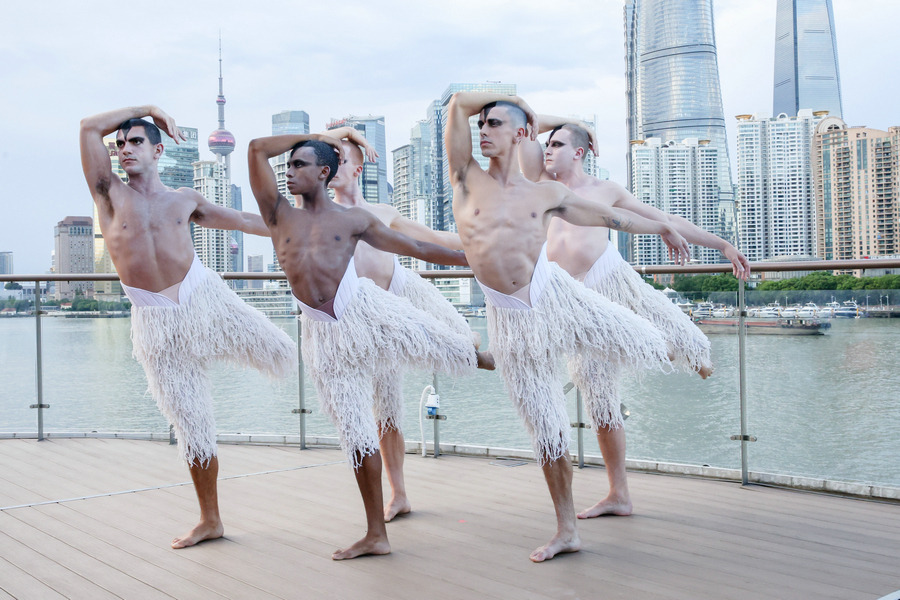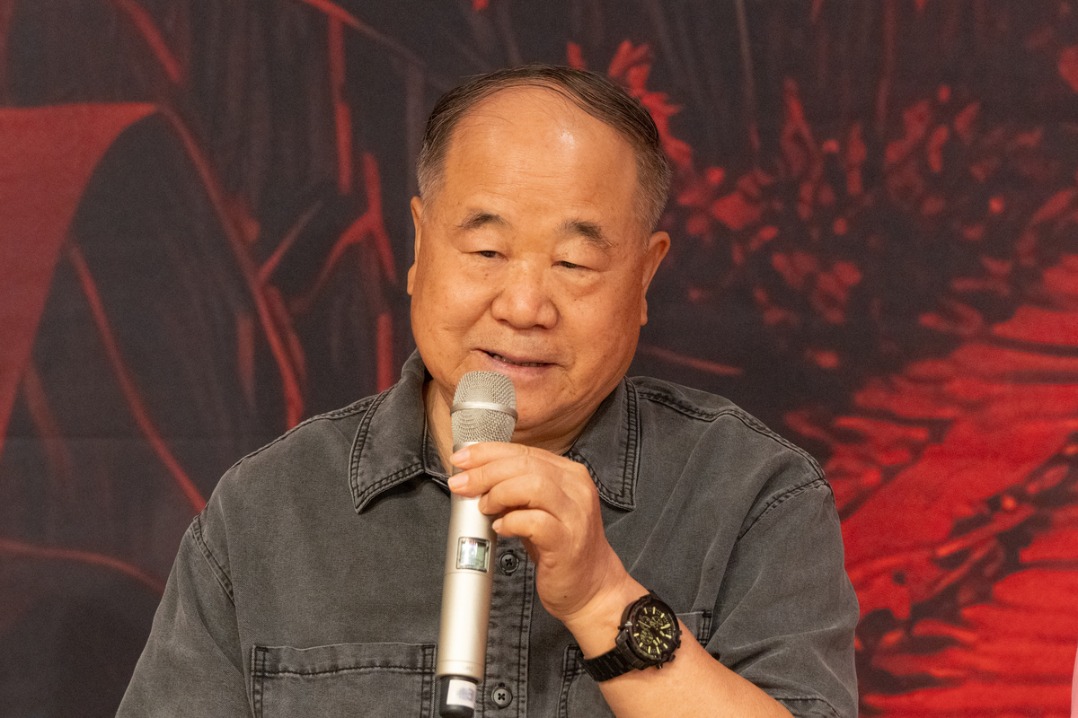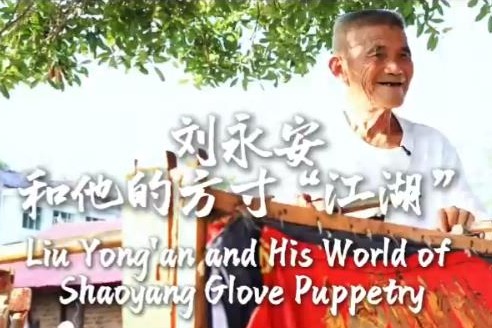Southern culture runs deep in district’s veins
Cantonese Opera and Wing Chun martial arts heritage attract the young generation to Enning Road neighborhood in Guangdong's capital, Li Yingxue and Li Wenfang report in Guangzhou.


Editor's note: Several Chinese cities maintain their cultural recollections in the form of historical neighborhoods that add to their multilayered charm and vigor. China Daily journeys to some of these timeless areas, where President Xi Jinping has left his footprints and remarked on the preservation and vitalization of heritage. In this installment, we take a walk through Guangzhou's Enning Road historical district, where the city's various intangible cultural heritage is preserved and celebrated.
Since the 1930s, Enning Road in Guangzhou, the capital of Guangdong province, has been synonymous with Cantonese culture. Once a magnet for the brightest stars of Cantonese Opera, the street near the bustling Thirteen Hongs trading area was also home to martial arts schools and traditional medicine clinics.
For 60-year-old Cen Zhaowei, Enning Road holds deeply personal memories. As a boy, he watched his father, Cen Neng — a revered Wing Chun grandmaster known as Sum Nung in Cantonese — teach disciples complex martial arts techniques while running a clinic that treated injuries the traditional way.
The street's architectural charm is unmistakable. Its arcaded buildings blend Baroque flourishes and the design principles of Guangzhou's Xiguan mansions, with high ceilings, deep layouts and ornate Manchurian windows. This style fusion speaks to the city's layered history.
Enning Road's fortunes shifted over the years. Once a thriving cultural hub, it eventually deteriorated into one of Guangzhou's most densely packed areas filled with dilapidated housing.


